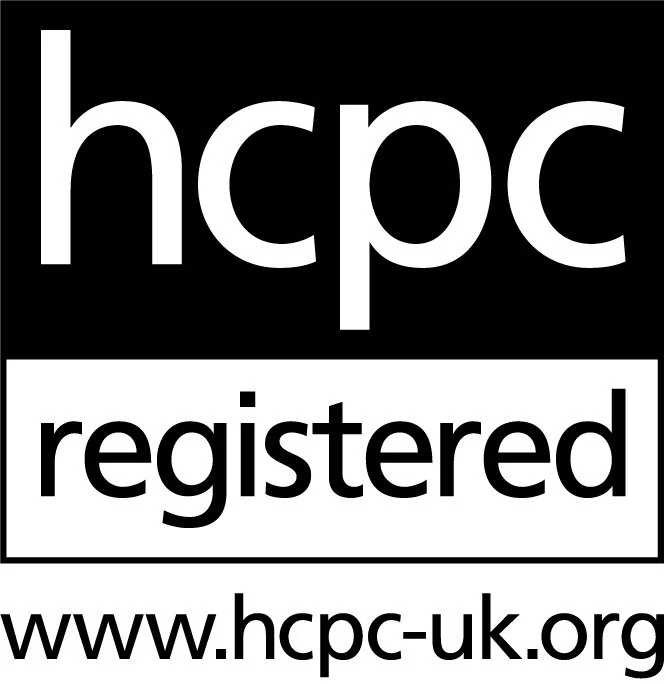
Integrative Psychology
Dr Dana Jammal is an HCPC registered integrative Counselling Psychologist who completed her doctorate training at City, University of London. She also holds an MSc in Mental Health Studies from the Institute of Psychiatry, Psychology and Neuroscience at King’s College London and a BSc honours in Psychology from McGill University in Montreal, Canada.
Therapeutic Approach
I use an integrative approach to therapy, drawing from humanistic, psychodynamic and third wave cognitive-behavioural modalities.
My focus is on building non-judgmental and empathic relationships with my clients, with the intention of creating a safe environment that facilitates and actively supports their path towards healing and wellbeing.
In addressing concerns such as anxiety, low mood or distress, my approach is two-fold. I integrate practical techniques grounded in evidence-based research, while also delving into deeper, underlying patterns that may be impeding progress. These patterns often serve as barriers to meaningful change in one's life.
I aim to help you uncover and utilize your own internal strengths. This process is instrumental in helping you build resilience; the capacity to find meaning in life’s hardships and to bounce back in the face of challenging experiences. Through our work together, my intention is to help you feel empowered with deeper awareness and therapeutic tools to navigate life’s complexities with newfound meaning and purpose.
Specialised training approaches:
· Cognitive-Behavioural Therapy (CBT)
· Mindfulness-based Cognitive Therapy (MBCT)
· Acceptance and Commitment Therapy (ACT)
· Compassion-focused Therapy (CFT)
· Positive Psychology
· Resilience
· Person-centred Therapy
· Transpersonal Therapy
“The capacity for growth depends on one’s ability to internalize and to take personal responsibility. If we forever see our life as a problem caused by others, a problem to be "solved," then no change will occur.”
— James Hollis
My educational background and some of the additional trainings which influence and inform my approach include:
.Doctorate in Counselling Psychology
City, University London, United
Kingdom
Master of Science in Mental Health Studies
King’s College London, United
Kingdom
Bachelor of Science in Psychology
McGill University, Montreal,
Canada
Honours Distinction
• Advanced Acceptance & Commitment Therapy Training with a Trauma Focus with Dr Robyn Wasler
• Acceptance & Commitment Therapy Intensive Training with Dr. Steven Hayes
• Emotionally Focused Therapy: Couple Interventions in the Age of Attachment with Dr Susan Johnson
• Healing Toxic Injuries in Love Relationships: Emotionally Focused Couples Therapy with Dr Susan Johnson
• Attachment Theory & Science: A Clear Map for Effective Couple Intervention with Dr. Susan Johnson
• Re-Vision Training: Psychotherapy & the Embodiment of the Creative Process with Jungian Analyst Robert Romanyshyn, London, U.K
• Mistakes of the Heart: The Healing Power of Therapeutic Repair with Janina Fisher
• Relational Psychotherapy: Praises & Pitfalls with Jessica Benjamin, Susie Orbach, Andrew Samuels, Carmen Ablack & Maria Gilbert
• Dr Joe Dispenza Week Long Advanced Retreat, Vienna Austria
• Dr Joe Dispenza Intensive & Progressive Training Course
• Eckhart Tolle: School of Awakening - 6 month Advanced Training to Intensify Presence
• Radical Self-compassion with Dr Tara Brach
Clinical Research
I have conducted extensive research within the area of organisational wellbeing for the development of bespoke workshops designed to help with occupational burnout, to build resilience under pressure and to develop skills to cope with work-related stress.
My latest research focuses on cyberpsychology; specifically on how individuals experience themselves and other people on social networking sites as well as how they experience their relationship to social media from the epistemological standpoint of phenomenology.
I have also conducted research at King’s College London investigating the role of interpretative biases in distinguishing social anxiety from paranoia.

